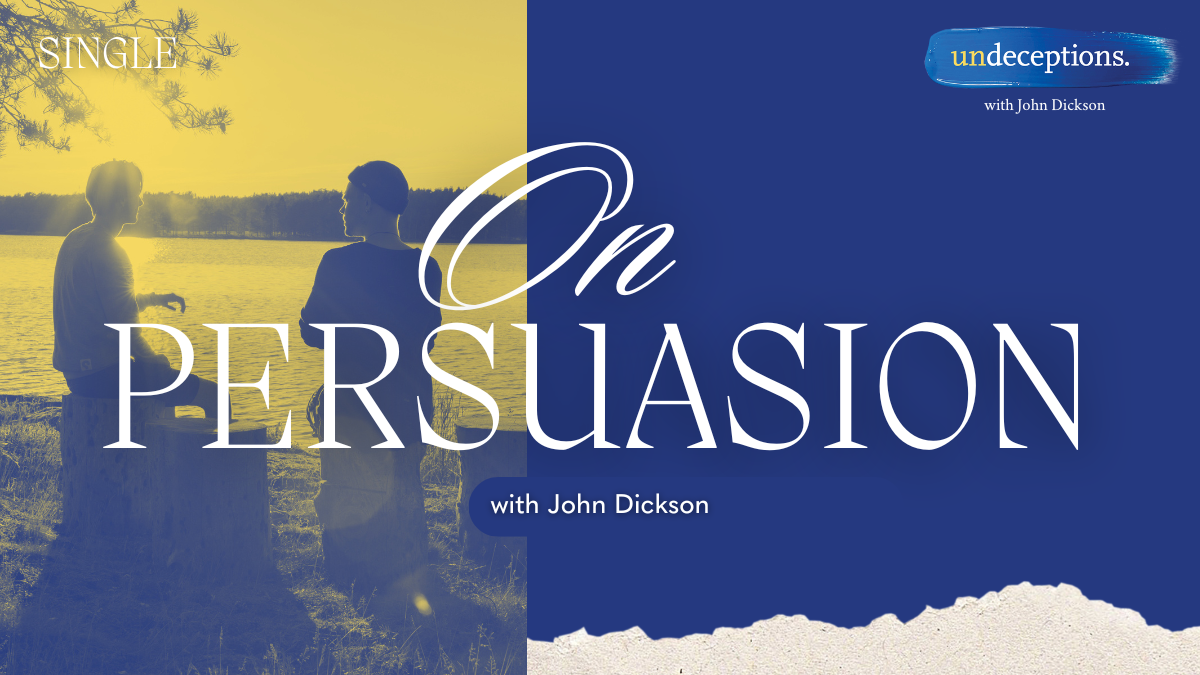One of the very interesting things about the ancient portrayal of Jesus of Nazareth in the gospels is His varied emotional states. He’s presented as very much a man in touch with his feelings. That sounds sweet and relevant in our modern context where emotions are valued, sometimes overvalued. But in the first-century Mediterranean world, just about everyone felt the pressure to conform to the insights of perhaps the most popular school of thought in the day, the Stoics.
Almost everything in the Greek philosophical tradition, but especially in the stoic tradition, critiqued the emotions and demanded that the truly wise person was the person driven by rational impulses only. Unaffected by what was seen as the lower sensual impulses of say fear, ecstasy, despair, exuberance, and so on.
But when ancient folk opened up a gospel, and expected to find a Sage in complete mastery of his affections, what they found instead was a man of passion. Who wept at a friend’s funeral (John 11), or over Jerusalem’s ignorance of God (Luke 19). Who got demonstrably angry at religious hypocrisy, even overturning the money tables in the temple (Mark 11), or sweating in anguish in the garden late at night as he was about to be arrested (Luke 22). Not to mention crying out on the cross in Mark 15, “My God, My God, why have You forsaken me?” Not so much a cry of doubt, as a visceral identification with anyone who has felt abandoned by God.
Perfectly in line with this are the words of the Apostle Paul, shortly after Jesus, urging Christians to “Rejoice with those who rejoice. Weep with those who weep” (Romans 12). It seems the emotional intelligence of Jesus was meant to characterize the emotional life of the Christian.
Now we know this was a dramatic point of contrast with the mainstream way of thinking, in the ancient world. In fact, there is a lengthy section in one of my favourite ancient authors, explaining and defending the Christian view of the emotions. The great Lactantius, whom we’ve mentioned in other episodes, writing around the year 300 AD, disputed the Stoics’ general disapproval of emotions in these words:
“It is good to walk straight, and bad to go astray. So, too, it is good to be emotionally moved in the right direction, and bad, in the wrong direction. If lust does not stray outside its lawful bed, it may be very strong, but it is not bad. It is not a sickness to have feelings of anger, as the Stoics say. It is only a sickness to exercise anger on someone you shouldn’t, or at an inappropriate time. The emotions, themselves, cannot be checked, nor ought they to be. They should be aimed in the right direction.” Divine Institutes, Book Six, Section 16.
Lactantius is, no doubt, thinking of his master, Jesus, who didn’t deny the affections, but directed His emotions to the good. The fact is, it was this biblical affirmation of the emotions, not the Stoics’ shunning of emotions, that won the ancient argument, and reshaped Western culture. It’s true we can now be too emotional, of course, too driven by the passions. And that is a problem. It’s the problem Stoicism was trying to fix with its sledge hammer.
But the emotions, themselves, are good. They are human. They are also divine. I’m glad there is a Lord in the universe who is furious at injustice, joyful at our fortune, and whose love for us could even move Him to tears.
By John Dickson
Emotions
Want to hear the rest of the episode?
Check out episode 71: “Emotional Intelligence”















































